PORTLAND DEPRESSION THERAPY WITH MARY DIORIO
Help finding lasting relief from crippling depression.

THERAPIES & PRACTICES TO OVERCOME EATING DISORDERS
Therapy (CBT)
CBT is a highly effective therapy for mood disorders as it brings awareness to negative thought patterns and behaviors that keep us stuck in anxiety or depression. It helps clients create healthier mindsets, and offers practical strategies to overcome day-to-day challenges.
Therapy (EFT)
Dialectical Behavior
Therapy (RO DBT)
SOME DEPRESSION TYPES I OFTEN TREAT
Postpartum Depression, affects some new mothers in the weeks or months following childbirth. This depressive disorder is different from “the baby blues” that many new mothers experience as a result of sleepless nights and changing hormones.
Since postpartum depression can make it difficult to bond with your baby which often leads to feelings of guilt or failure, it’s important to realize that this disorder should not be considered a weakness or flaw on the mother’s part. Rather, it is a common, although not often talked about, child-birth complication that affects as many as 1 in 7 new mothers. Symptoms are more intense than those associated with “the baby blues” and include mood swings, crying, irritability, strong feelings of overwhelm and inadequacy, difficulty bonding with and sometimes even a dislike of your new baby, loss of appetite, and trouble sleeping.
Try a free 15 minute session with Mary

Hi, I’m Mary DiOrio. I specialize in the treatment of depression and anxiety related issues as well as other related psychotherapy needs. I’m here to help you find the change, relief and lightness you’re looking for. I have helped countless people overcome serious challenges, sometimes even when they didn’t believe they could be helped at first. If you suffer from an ongoing struggle, why not try a free, confidential 15 minute consultation session with me? We will connect over phone or HIPAA compliant telehealth platform and discuss what is holding you back and what the path forward might look like. For many, this first step is often a glimpse that relief is possible.
